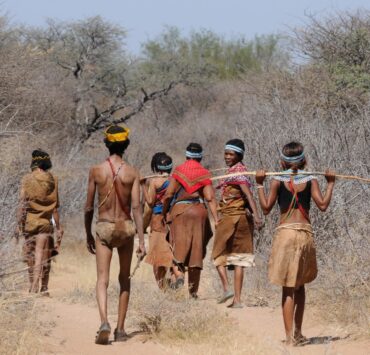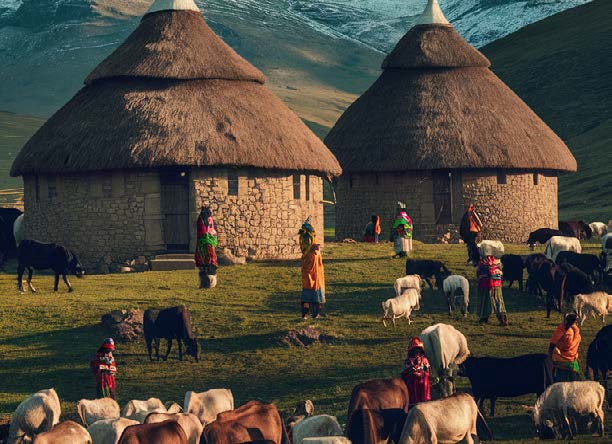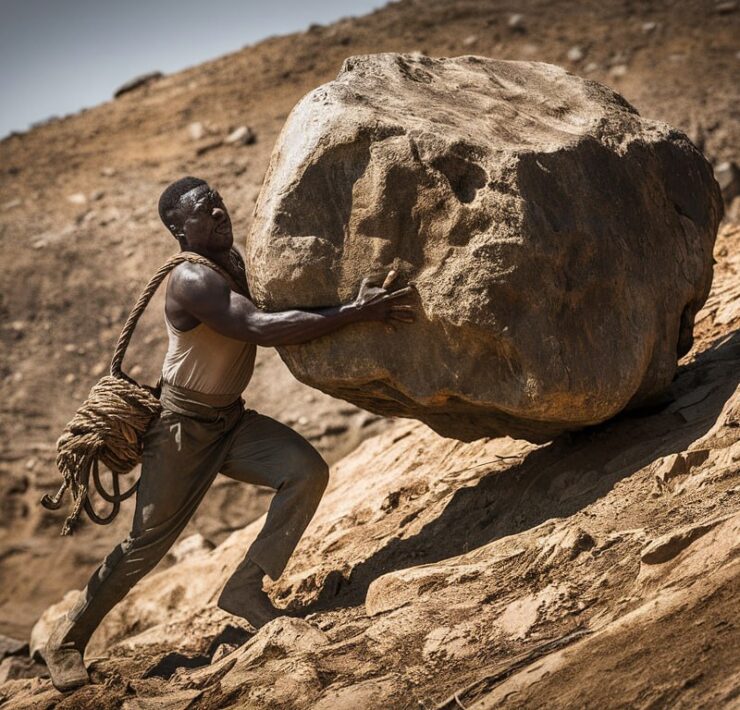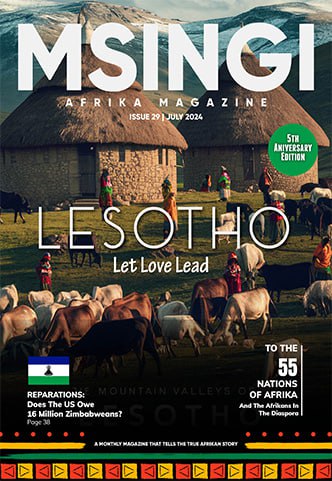A Fisherman’s Tale
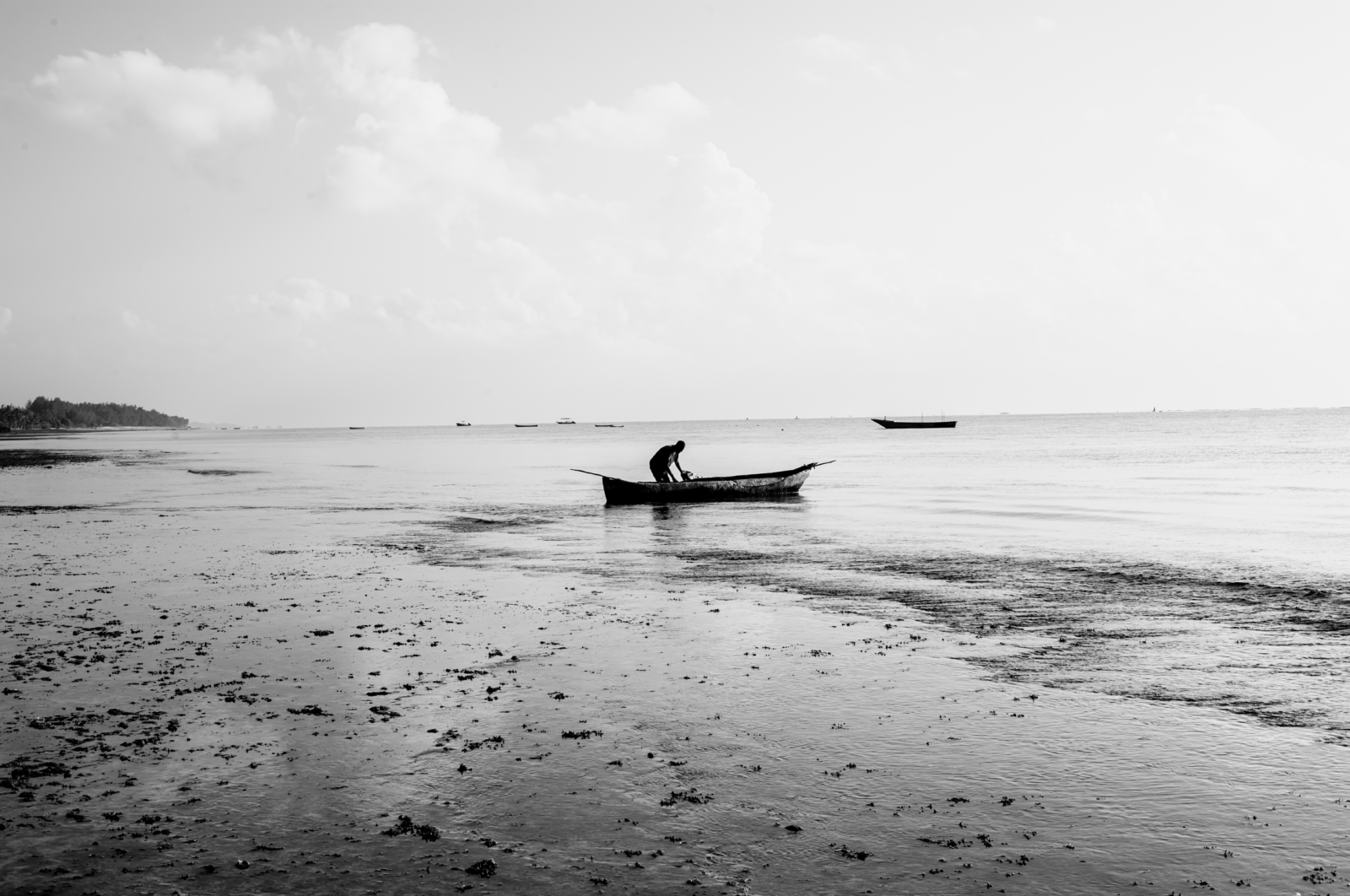
Samuel Phillips is a writer, graphic designer, photographer, songwriter, singer…
There are a few lifestyle attitudes that I have come to pick up on over the course of several years. These became more obvious, or I became more conscious of them, because my family and I move quite a lot around the country of Kenya. We may be somewhere in Nairobi this week and next week we are in Marsabit in the far north of the country. It’s just fun to be able to make such moves without also compromising on the work we do as online magazine publishers. It’s actually part of the fun of telling the African story from different locations of the country.
- Anyway, as part of my lifestyle, whenever we move to a new place, within the first few days of arriving there, I must find a way to learn the following:
- The best possible alternative routes in and out of that environment. I do this in case there is an emergency that requires us to move out without having to use the usual way.
- The best place to get the most basic food items and safe drinking water without having to drive to a supermarket. As we dive deeper into unfolding the various agendas that are controlling the world, especially in the food production industry, we become way more conscious of the kind of food we eat and from where we get it.
- The quietest route around the neighborhood where I can do my morning walks with the least presence of people. Sometimes my morning walks and conversations with the Lord can be quite audible and dramatic. I don’t want anyone to think something is wrong with me. LOL.
These have become my go-to things that I must do when we get to a new place.
About a week after we moved to a village on the South Coast, I went to get some fresh fish from the local fishermen at the beach which is just about two minutes from our place. I met a few of them under a shade where they gather after the day’s work at sea, so I bought two red snapper fish for 300 Kenyan shillings. Both fish weighed a little above a kilo and they looked really good and fresh. For me, that was a very good price. And that’s because we had experienced how expensive fish can be in the restaurants in the Diani area. One of those fish that I got for 300 KShs sells for close to a thousand shillings in the restaurant. So, it was a good bargain.
A few days later, I went back there to get some fish but this time, I purchased them from someone else whom I had not noticed the first time I was there. I asked for a kilo of the same red snapper fish and he gave them to me for 400 Kenyan Shillings. I was surprised at the new price, so I argued with him, explaining that the last time I bought fish at that same spot, it was 300 per kilo. He looked at me and asked, “Did you buy from me or directly from one of the fishermen?” In my head, I was thinking, “What is he talking about? What’s the difference anyway?” Apparently, he was not a fisherman but an agent to the fishermen. It was then that I remembered I had bought the last fish directly from one of the fishermen. Seeing how surprised I was at the new price, the agent decided to sell me the fish at 350 instead of 400.
One of the fishermen who was standing by came to me and started explaining to me about the kind of deal they have with agents. They have a simple method; the fishermen get the fish from the ocean and sell them to the agent and then the agent or agents sell these to the restaurants or hotels around. There are lots of hotels and holiday homes in that area. He even told me how on a particular day they came back from the ocean with plenty of fish, but the agent was not around. So, they had to eat their fish by themselves. Meaning they had no money to take home.
So, I asked him why they don’t sell to restaurants or hotels by themselves. He gave me a long story that did not answer my question. But the conversation with him and everything that happened on that beach that day was quite interesting to me. New, and interesting.
Now, as I walked back home from the beach that day holding the fish I had bought, I was thinking of what happened with the agent and the story the fisherman told me and how it all relates to what is happening in Africa. African countries will sell their crude oil at dirt-cheap prices to foreign companies and then buy back finished petroleum products at exorbitant rates, and then make their people pay for petroleum products through their noses. It never ceases to amaze me that a country like Nigeria which is one of the largest exporters of crude oil in Africa does not have a refinery that is working at full capacity, apart from the new Dangote refinery, which, as you already know, is a private refinery. Internal and external thieves are parading massive tankers of stolen crude oil everywhere in the Niger Delta, like no man’s business. But it gets more interesting.
I see this same dumbness of thought in our entertainment industry in Africa. Our African celebrities like to hang diamond jewelry on their necks, looking like some expensive pretty slaves. They buy them at prices that are high enough to buy diamond mines back home. They buy or build houses in choice places around the world but they don’t live in them. It makes me wonder if they have ever wondered why Mark Zuckerberg, the billionaire owner of Facebook or Meta, wears t-shirts and jeans mostly, even in the office. Or if they have thought about why Elon Musk, the world’s richest man, for a couple of years, does not even have a personal house, even though the amount of money he has can buy a whole city in Africa and still have enough to play around with.
I see the same trend with our African farmers and it’s equally sad what’s going on there. For example, a local farmer will sell a basket of tomatoes to foreign food companies at 10 USD, the food company makes 1000 USD from turning that one basket of tomatoes into paste and whatever else they use them for. The same farmer goes to buy the tomato turned into paste from the supermarket, except this time with added poisons called preservatives. But not for once does he ask himself why he is not turning his basket of tomatoes into paste or any other form of finished products, nor is the fisherman asking himself what is stopping him from selling his fish to the restaurants and hotels by himself.
It’s a systemic question I am asking, so you don’t go thinking I am speaking against the farmer or the fisherman.
I am not speaking against the arrangement the fishermen and the agent have, I am just saying that there is a systemic attitude of servitude ingrained somewhere in the minds of some Africans that makes them want to be on the receiving end and not the producing side. We need to own factors of production and not just be consumers of finished goods.
It is something that we need to deal with SYSTEMATICALLY.
Note: While I was writing this article, Nigeria introduced a significant reform to its mining laws, aiming to boost the local economy by mandating that minerals extracted within the country must be processed locally before they can be exported. Way to go Naija!! It’s about time all African countries do away with the export of raw materials from the continent.
What's Your Reaction?
Samuel Phillips is a writer, graphic designer, photographer, songwriter, singer and a lover of God. As an Afrikan content creator, he is passionate about creating a better image and positive narrative about Afrika and Afrikans. He is a true Afrikan who believes that the true potential of Afrika and Afrikans can manifest through God and accurate collaborations between Afrikans. Afrika is the land of kings, emperors, original wisdom, ancient civilizations, great men and women and not some road-side-aid-begging poor third world continent that the world finds joy in undermining.










